2020 brought challenges that were unprecedented in scale and speed. As the COVID-19 pandemic disrupted lives and slowed down the economy, governments and organizations around the world spoke of building a recovery that would be better than business as usual.
In Indonesia, discussions arose to define what a new normal should look like, and whether we are in a good place to achieve it. For Climate Policy Initiative, a new normal requires a green and just economic recovery. This requires energy sources that are renewable and decentralized; food security strengthened by crop diversity and farmers’ resilience, and financial flows that work to support these goals. Right now, there is very limited financial support for small scale sustainable agriculture, and persistent fossil fuel investments are still putting us on a warming track of over 3.2°C.
Here is our most-read work from 2020 that responds to the challenges, and a preview of what is in stock for 2021.
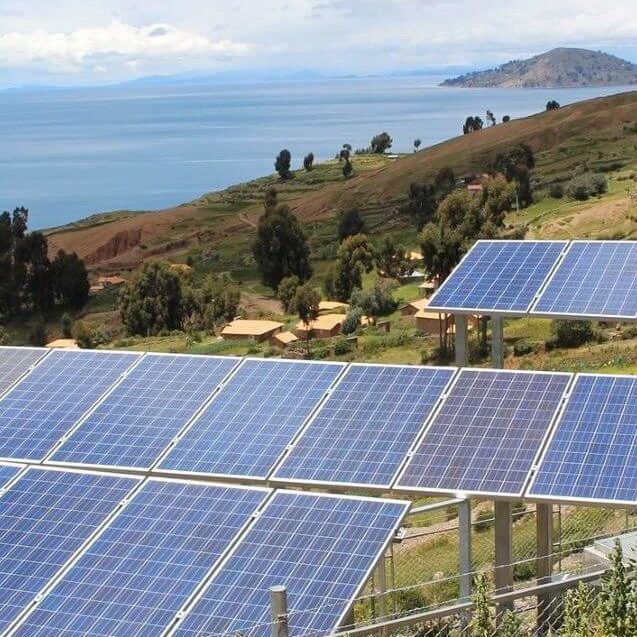
Fostering Economic Resilience in Berau through Smallholder Crop Diversification
The expansion of the palm oil industry over the last decades has resulted in deforestation and other land use shifts across Indonesia. This CPI study, produced as part of Project LEOPALD or Low Emissions Oil Palm Development, explores crop diversification opportunities to support independent smallholders in Berau for better long-term outcomes, while outlining options to push Berau towards economic resilience and achieve its sustainability goals. It is replicable across regencies in Indonesia, especially those with similar attributes as Berau.
> Read the full report

Indonesia Environment Fund: Bridging the Financing Gap in Environmental Programs
Indonesia recently launched its first fund-managing public service agency, called BPDLH, which has the flexibility to source both state funds and international financing. In a new study, CPI explains the agency’s role and its potential as the “financing hub” for environmental programs in Indonesia. The analysis is supported by a review of the BLU regulatory frameworks, and includes a comparison with seven fund-managing BLUs already in operation.
> Read the full report
> Read blog here
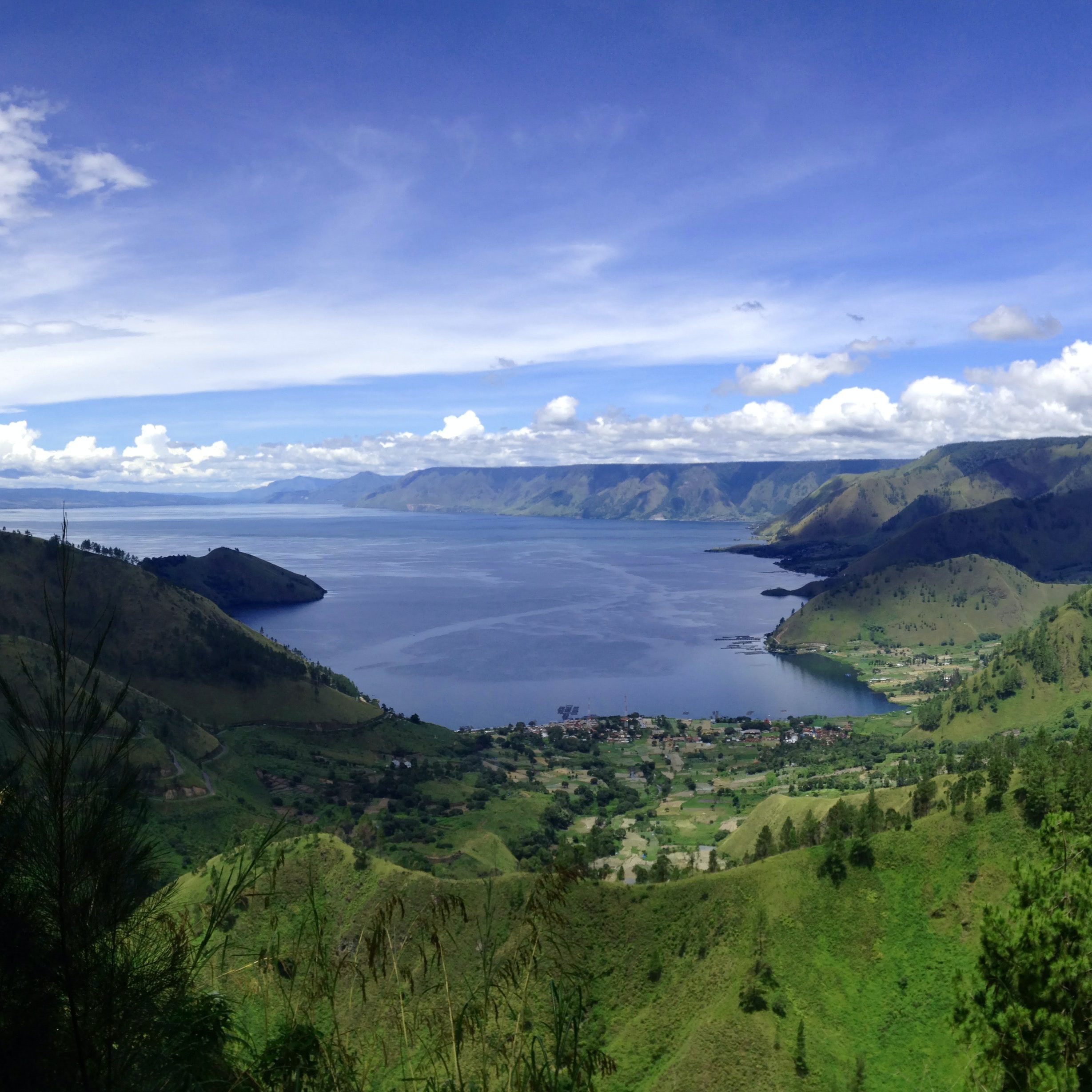
If given the chance, Indonesia’s COVID-19 stimulus can build a green, resilient economy
To restore prosperity and growth, the government needs to ensure that recently passed stimulus packages take into consideration long-term sustainable development goals. In a solution-based blog originally published in Green Growth Knowledge Platform (GGKP), CPI’s Associate Director, Tiza Mafira, provides perspective on why Indonesia’s long-term stimulus measures must include climate impact, for a green resilient economy and for overall long-term economic sustainability.
> Read the blog here
Enhancing decentralized renewable energy investment to achieve Indonesia’s NDC
The government of Indonesia has planned for 100% electrification by 2020, but geographic conditions and uneven demand distribution restricts this plan severely, leaving thousands of islands with limited or no access to electricity. Decentralized renewable energy (DRE) can increase energy access to Indonesia’s underserved regions and contributes to its National Energy Policy targets. However, new analysis by CPI in partnership with HIVOS finds that existing DRE business models fail to address prevailing barriers in the sector.
> Read the full report
> Read the blog here
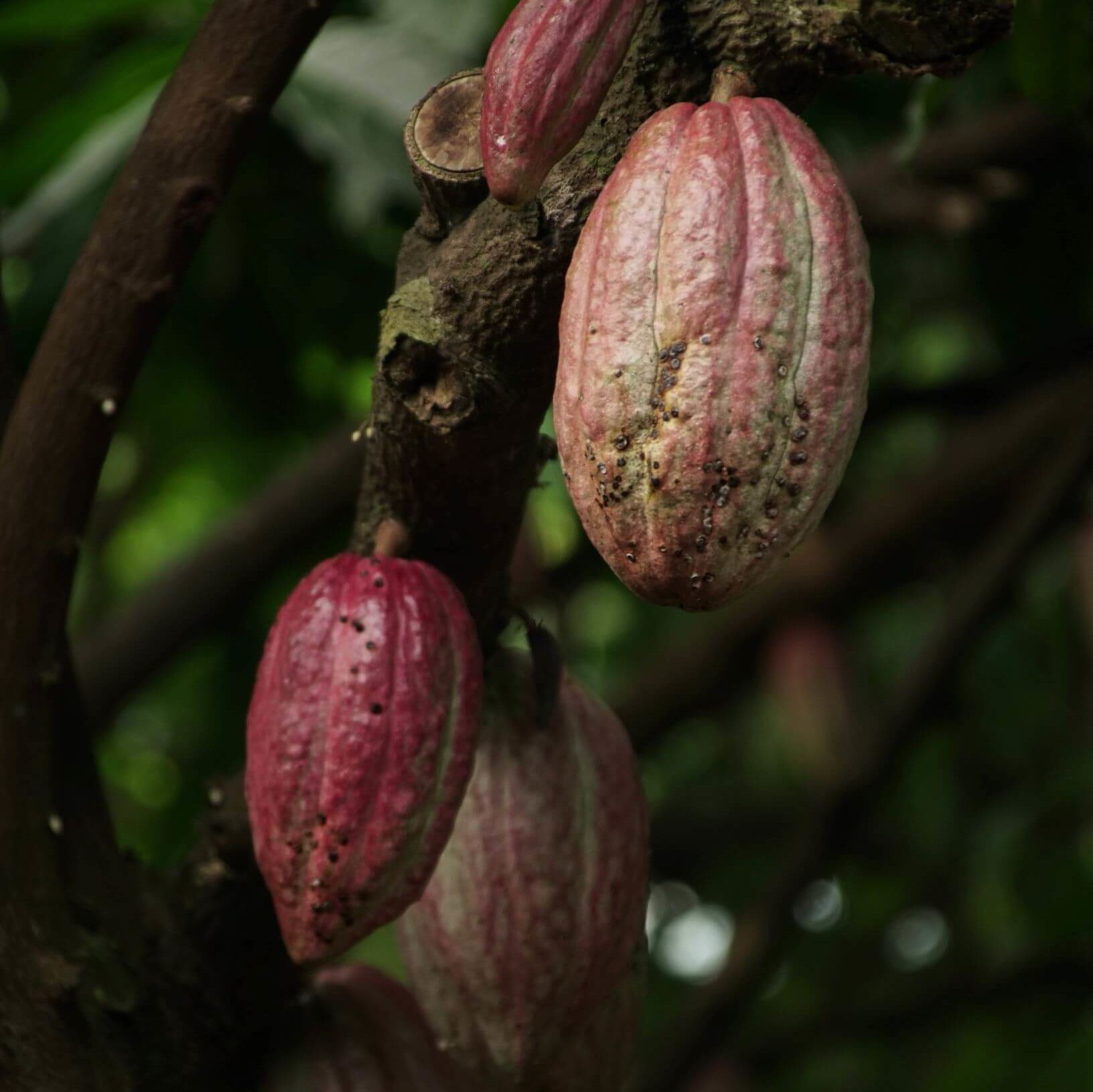
Enhancing direct incentives for sustainable land use in Indonesian villages
Villages in Indonesia are not prioritizing sustainability goals even in regions where there is a strong commitment to accelerate green growth. This study proposes an enhanced sustainable land use index called Indeks Desa Membangun Plus (IDM+). When paired with fiscal transfers, IDM+ will directly reward villages that have the highest environmental performance. It builds on existing, widely used instruments for ease in implementation and avoids lengthy bureaucratic adaptations and training.
> Read the full report
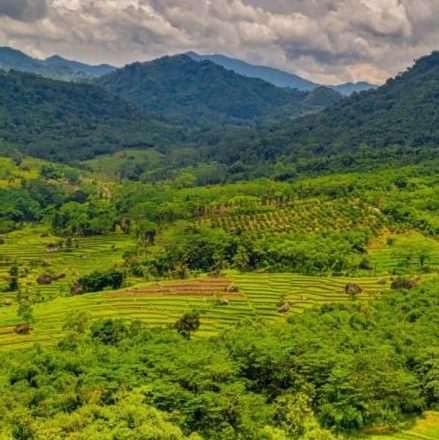
Uncovering the private climate finance landscape in Indonesia
Indonesia needs an estimated USD 247 billion by 2030 to meet its NDC target of reducing greenhouse gas emissions by 29%. However, CPI research tracked only about USD 13.2 billion of private climate finance between 2015-2018, highlighting Indonesia’s need to significantly scale up climate finance in the next ten years to achieve its NDCs. In this blog, CPI’s Muhammad Zeki and Chavi Meattle discuss how private climate finance can be scaled to help meet this goal.
> Read the blog here
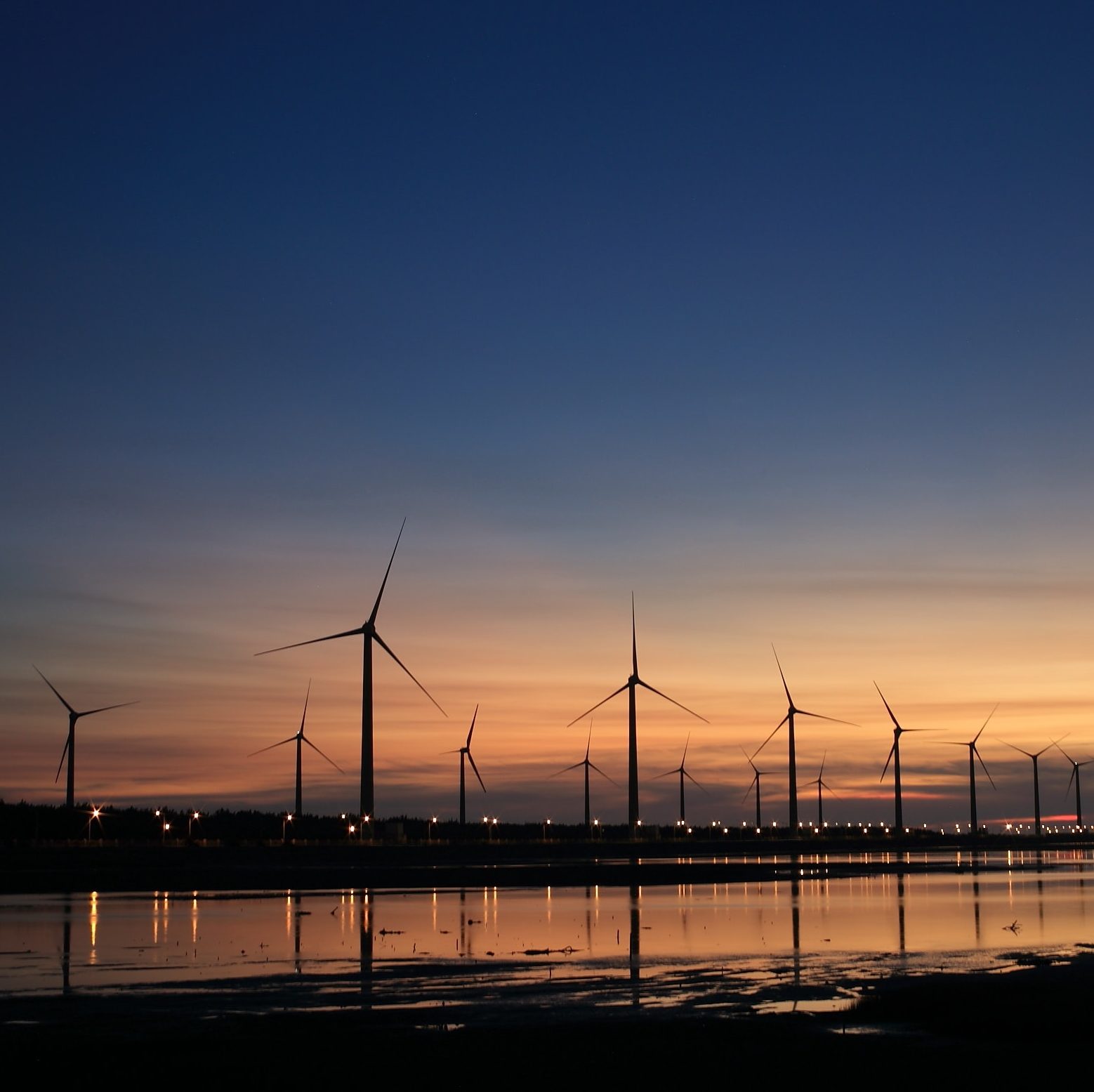
What’s next for Yayasan CPI Indonesia?
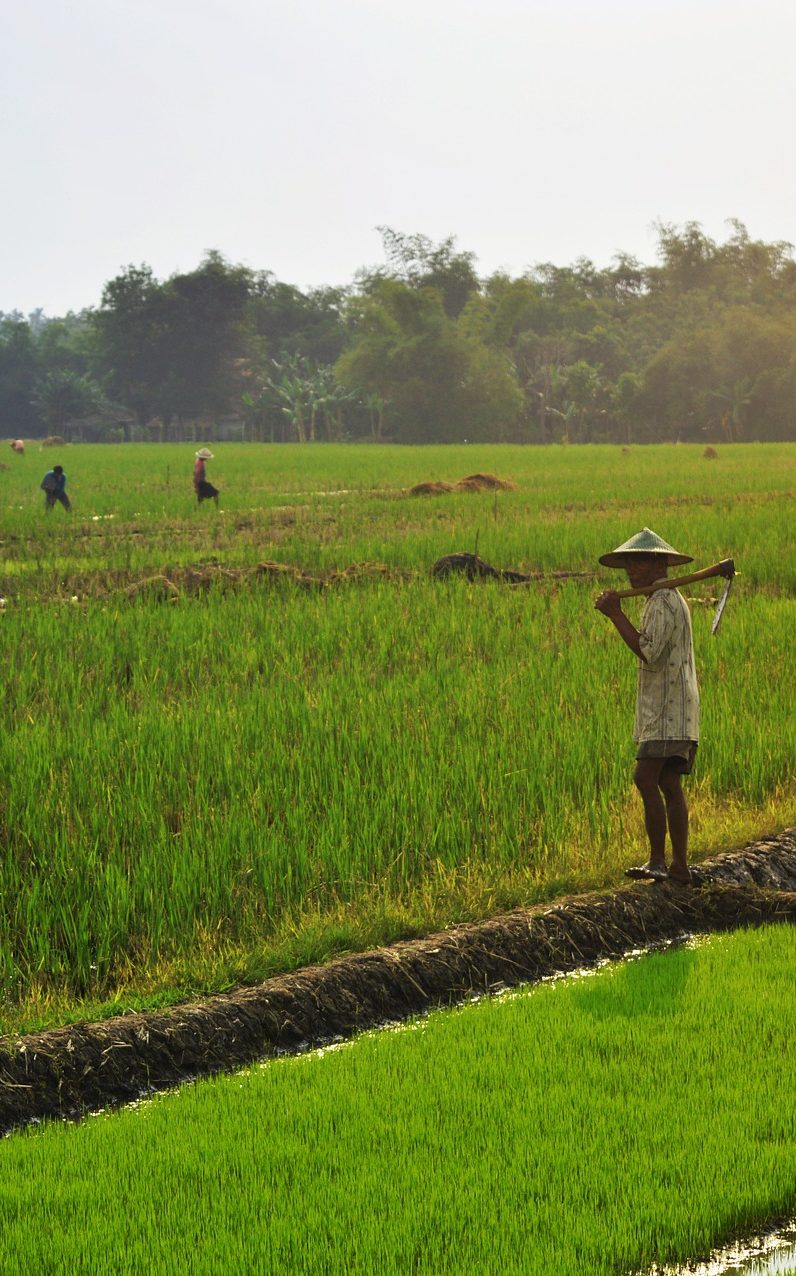
For 2021, CPI Indonesia will continue working to support a green and just economic recovery.
CPI will soon launch a study on the impacts of Asian countries fiscal stimulus towards country-level climate objectives. The focus will be on 5 Asian countries (Indonesia, Philippines, Singapore, India, and South Korea) to generate policy recommendations based on the successful models from country-level stimulus packages. While assessing Indonesia, CPI will take into account the recently enacted laws, such as the Omnibus Law, Mineral Resources Law, and fiscal stimulus packages such as the National Economic Recovery package. Parallel to that work, CPI in collaboration with Seoul National University will launch a joint study report that assesses how new policies for COVID-19 recovery affect the energy transition agenda in Korea and Indonesia, where both countries have set ambitious emission targets.
CPI is also working with the Fiscal Policy Agency to develop the Ministry of Finance’s Climate Change Fiscal Framework, containing Indonesia’s climate finance strategy, and establishing financial targets and instruments that are transparent, clear, and impactful. The framework will provide a foundation for developing various forms of government interventions based on clear identification of finance gaps, strategies to mobilize public and private finance, improved governance and impact evaluation.
> Find our latest publications

